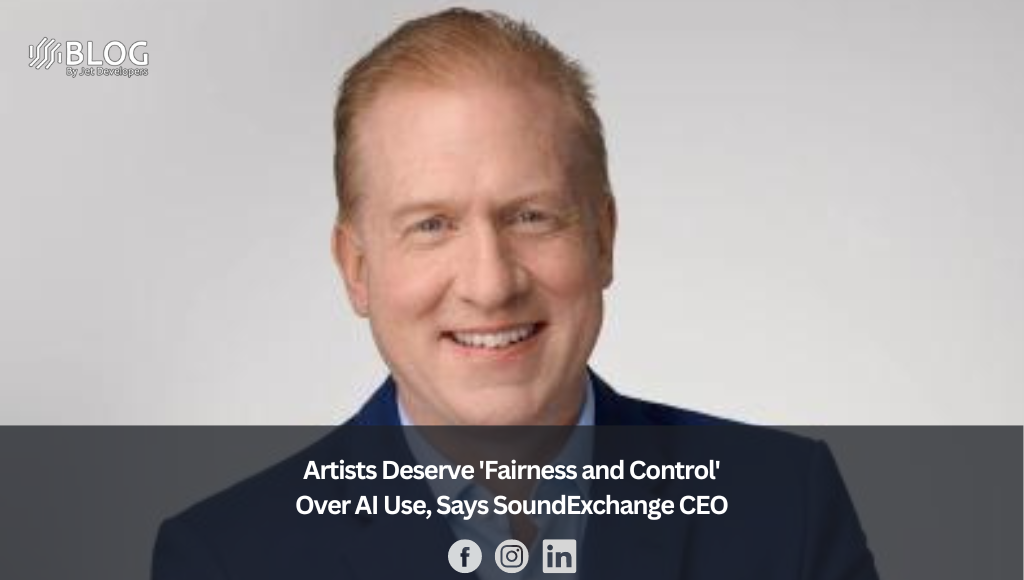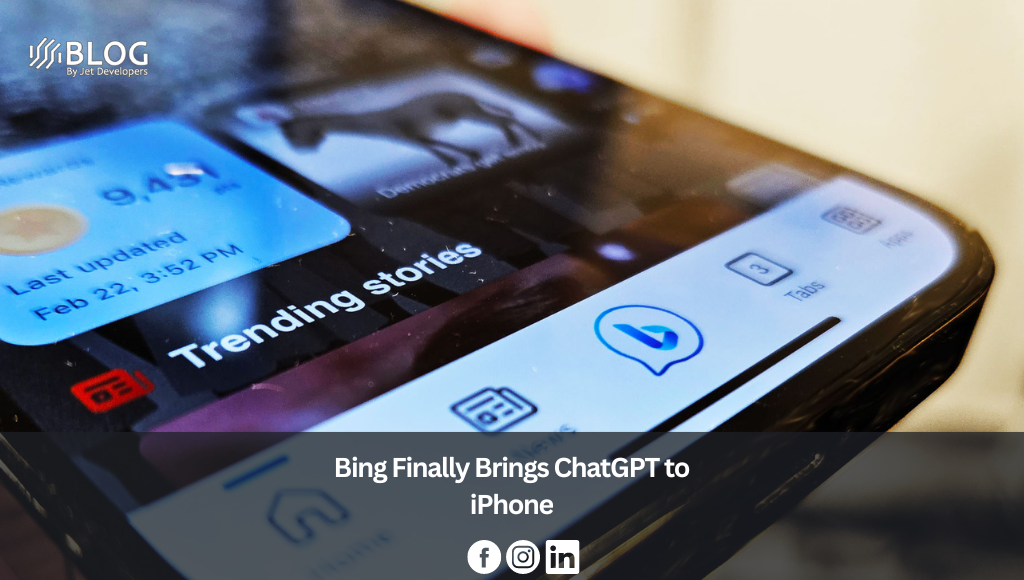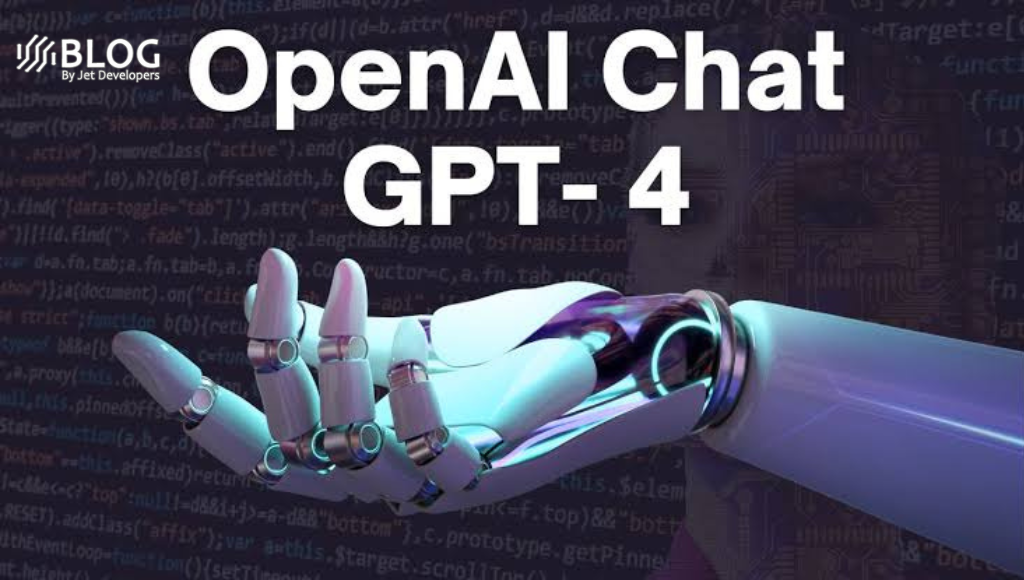During OpenAI CEO Sam Altman’s testimony before a Senate panel, many became acquainted with SoundExchange, a Washington, DC-based nonprofit organization established two decades ago to collect royalties from digital music platforms and distribute them to music creators.
Senator Marsha Blackburn (R-TN) questioned Altman regarding the compensation of songwriters and musicians when their works are utilized by AI companies. She emphasized that the Nashville music community should have the authority to decide if their copyrighted songs and images are used for training these AI models. Blackburn inquired whether a system similar to SoundExchange could be employed for the collection and distribution of funds to compensate artists.
Although Altman claimed to be unfamiliar with SoundExchange, he acknowledged the importance of ensuring that content creators benefit from AI technology.
Michael Huppe, President and CEO of SoundExchange, as well as an adjunct professor in music law at Georgetown University, expressed his satisfaction with Blackburn’s remarks. He acknowledged the rapidly evolving landscape, where AI-generated songs mimicking popular artists can go viral, platforms like Grimes’ enable anyone to create AI-generated songs using their voice, and AI is used to release songs featuring deceased artists like Notorious B.I.G.
Huppe commended Senator Blackburn for her forward-thinking approach in recognizing the necessity of allowing the creative class to actively participate and be fairly compensated within this new technological landscape. He emphasized that AI is here to stay, underscoring the importance of compensating and protecting the work of artists in this realm.
Not just about artists — even the NFL is concerned
How AI development affects creative workers is not just about the music industry, Huppe emphasized. He pointed to the March launch of the Human Artistry Campaign, a set of principles that outline the responsible use of AI to “support human creativity and accomplishment with respect to the inimitable value of human artistry and expression.” The campaign, he said, has been joined by over 100 organizations representing songwriters, musicians, authors, literary agents, publishers, voice actors and photographers — as well as non-artistic entities like sports organizations, including the Major League Baseball Players Association and the NFL Players Association.
Why sports? “Many players profit off their name, image and likeness,” said Huppe. “So this isn’t just about copyright when we talk about what happens [with AI]. It’s also how generative AI — whether text, images, audio or video — can capitalize on those who have built up their brand and persona. You have someone else trying to capitalize on that without permission.”
Creative class “getting louder” about AI
The bottom line, Huppe said, is that how AI uses creators’ work should be their choice. “It’s about fairness and control, so that the creative class can’t just have these things taken away from them.”
Huppe pointed out that there is already a nascent marketplace developing of people licensing their works for AI, such as how OpenAI licensed images from Shutterstock to train its models. “You can imagine a world where that starts to be the norm,” he said, “where there’s an organized licensing structure and ethical AI companies can know what’s allowed to be scraped and what’s off-limits … and where they share part of their profits with the creative community.”
With other industries pushing back on generative AI — including lawsuits filed by visual artists, striking Hollywood writers and unionizing journalists — and celebrities like Justine Bateman and Sting speaking out, Huppe said the creative class “is getting louder as we speak.”
Music, he said, has often been like “the marines on the beach” when it comes to dealing with new technologies that ultimately affect all industries: “There’s almost no industry that doesn’t have the risk of being really impacted by generative AI. It’s on everybody’s mind.”






